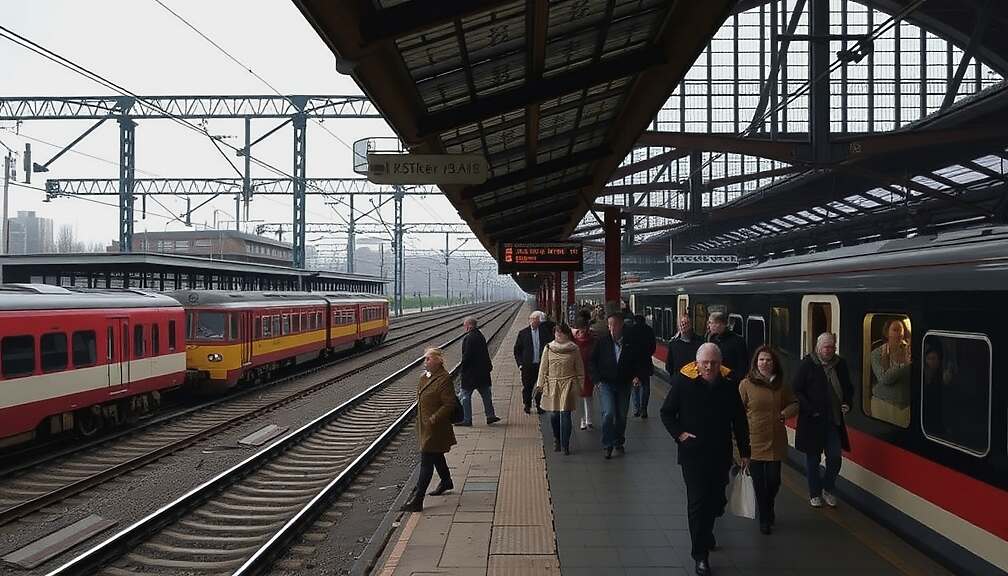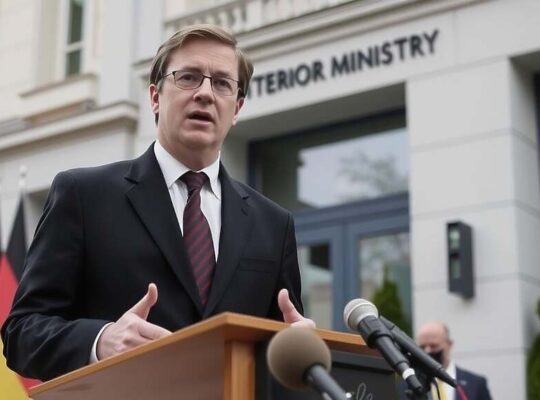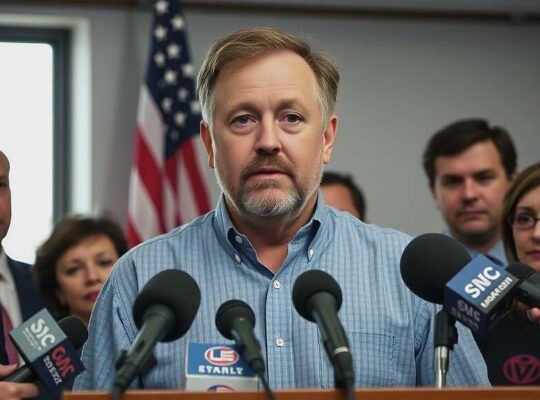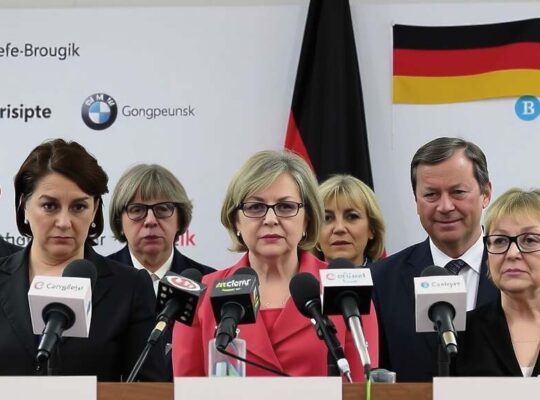The Christian Democratic Union (CDU), Germany’s largest opposition party, is raising concerns over the increasing influx of young Ukrainian men seeking refuge in Germany, sparking a debate about the sustainability of current support structures and the potential strain on national resources. CDU General Secretary Carsten Linnemann articulated the party’s position, arguing that while solidarity with Ukraine remains paramount, the arrival of able-bodied young men necessitates a shift in policy.
Linnemann’s comments, delivered to RTL and ntv, emphasized that while Germany stands firmly with Ukraine in its fight for freedom and peace, the scale of young male arrivals presents a challenging situation. He pointedly stated that these individuals should contribute to the German economy through employment rather than relying on social welfare programs. “I don’t want to deport anyone” Linnemann conceded, “but if someone comes to Germany and is young, they should contribute to the community and find work.
The CDU official drew a stark comparison to the experiences of neighboring countries, Poland and the Netherlands, where Ukrainian refugees are demonstrably more integrated into the workforce. “We see in the Netherlands and in Poland that the rates of employment for those coming from Ukraine are much, much higher than in Germany” he observed. He explicitly advocated for restricting access to German social assistance programs – specifically “Bürgergeld” – and instead channeling Ukrainian refugees into the “Asylbewerberleistungsgesetz”, a more restricted form of welfare.
Linnemann’s remarks highlight a growing tension within Germany’s political discourse. While widespread public sympathy exists for Ukrainian refugees fleeing the ongoing conflict, the financial burden of supporting a significant number of arrivals, coupled with an already tight labor market, is beginning to fuel questions about long-term sustainability. The CDU’s stance, while acknowledging the humanitarian context, underscores a desire to prioritize workforce integration and limit dependency on public funds, potentially signaling a hardening of immigration policy if the party were to gain power. Critics are likely to accuse the CDU of prioritizing economic considerations over humanitarian obligations, risking a divisive political debate.












